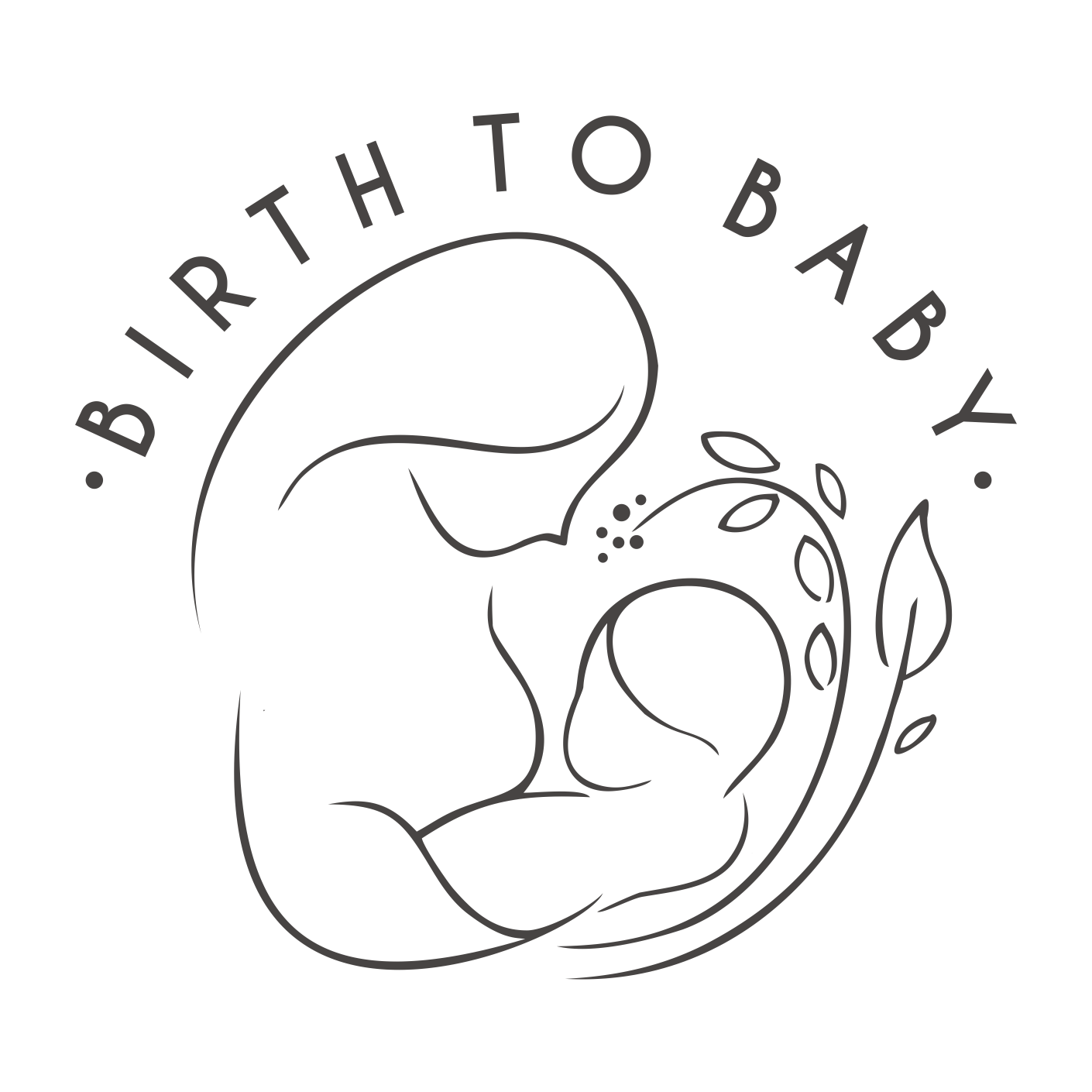Navigating the Waters of Morning Sickness During Pregnancy: Strategies for Relief
Pregnancy is a beautiful and transformative journey, but it often comes with its fair share of challenges. One of the most commonly searched topics during this period is morning sickness. Many pregnant mothers experience nausea and vomiting, and the quest for effective relief prompts numerous online searches. It’s important to acknowledge that what works for one person, may not work for another. Here are some research-backed strategies to help alleviate symptoms of morning sickness.
Understanding Morning Sickness
Morning sickness, also known as nausea and vomiting of pregnancy (NVP), is a common phenomenon that affects a significant number of pregnant women, typically in the first trimester. While the exact cause remains unclear, hormonal fluctuations, particularly increased levels of human chorionic gonadotropin (hCG) and estrogen, are believed to contribute to these symptoms.
Evidence-Based Strategies for Relief
1. Ginger: A Natural Remedy
Numerous studies have explored the efficacy of ginger in alleviating nausea and vomiting during pregnancy. A meta-analysis published in the Journal of Obstetrics and Gynaecology Research (2014) found that ginger significantly reduced the severity of nausea in pregnant women. Ginger can be consumed in various forms, such as tea, supplements, or ginger ale, to provide relief.
2. Vitamin B6 Supplementation
Vitamin B6, also known as pyridoxine, has shown promise in reducing nausea and vomiting during pregnancy. A study published in the American Journal of Obstetrics and Gynecology (2016) demonstrated that daily supplementation with vitamin B6 resulted in a significant decrease in the severity of morning sickness. Pregnant women should consult their healthcare providers before starting any new supplement regimen.
3. Acupressure/Acuneedling
Acupressure bands and acuneedling, which apply pressure to specific points on the body, have gained popularity as a non-pharmacological intervention for morning sickness. A study in the Journal of Obstetrics and Gynaecology (2018) concluded that acupressure bands were effective in reducing the severity of nausea and vomiting in pregnant women compared to a placebo.
4. Dietary Changes
Modifying dietary habits can play a crucial role in managing morning sickness. Eating small, frequent meals and staying hydrated are commonly recommended strategies. Additionally, a study in the American Journal of Perinatology (2016) suggested that a diet rich in protein and low in saturated fat may be associated with a lower risk of developing severe nausea and vomiting during pregnancy.
Navigating morning sickness during pregnancy can be challenging, but evidence-based strategies offer hope and relief. Always consult with your healthcare provider to determine the most suitable approach for individual circumstances. Remember, each pregnancy is unique, and what works for one may not work for another.
